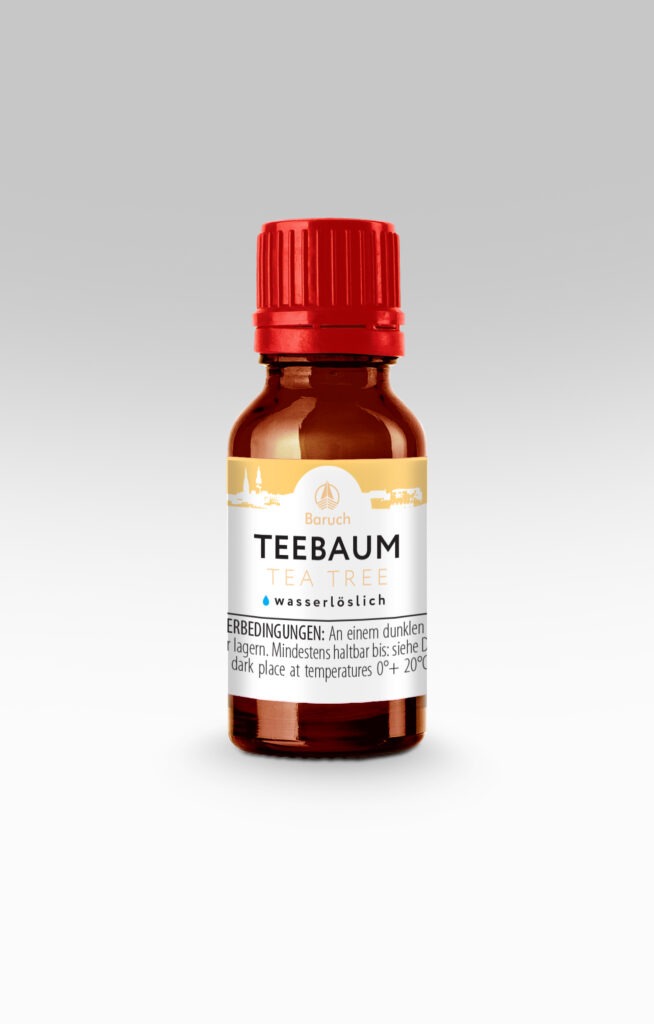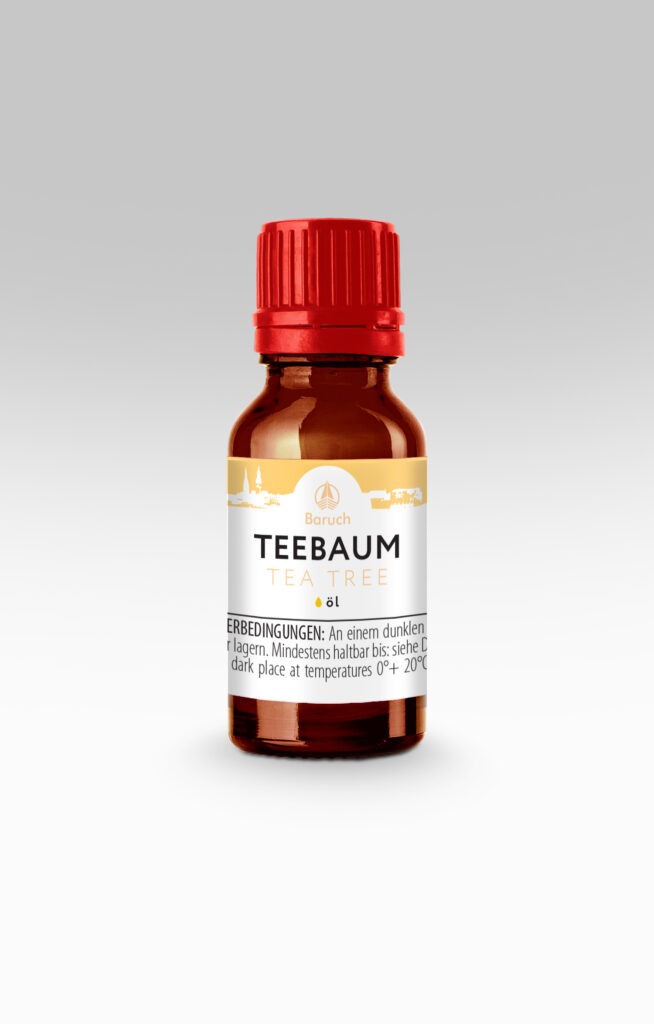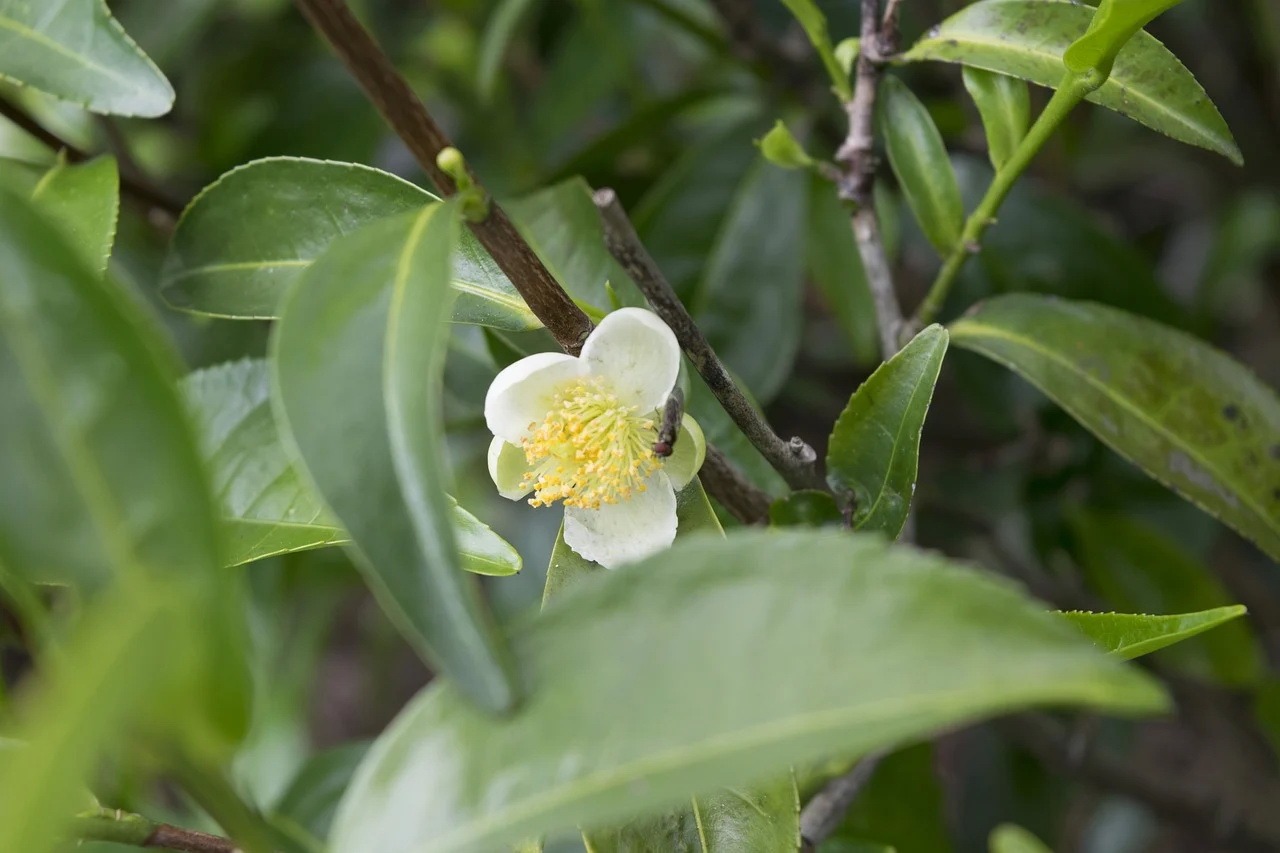To obtain this CO2 extract, the leaves of the Australian tea tree, also called Melaleuca alternifolia, are used as starting material.
In official medicine, tea tree began to be used only at the beginning of the 20th century, when its antiseptic properties were proven, in many respects not inferior to antibiotics. In addition to the antibacterial, antiviral and antifungal effects of tea tree CO2 extract, it also has very pronounced anti-inflammatory and regenerative properties and can also heal very complex wounds and ulcers. This extract is an antioxidant and immunostimulant and almost never causes allergic reactions. As an aromatherapy agent, tea tree relieves stress and depression, increases performance, activates brain function and strengthens memory.
Tea tree CO2 extract is not used in cooking and food production. This shrub or small tree is incorrectly called a “tea tree,” even though it has virtually nothing to do with tea. The name most likely comes from the fact that after discovering Australia, Captain James Cook’s sailors brewed malaleuca leaves and drank the brew as tea. It was probably then that the properties of the tea tree were discovered, which made it possible to quickly cure scurvy in sailors.
Biozevtika CO2 extract from tea tree is an oily liquid, almost colorless or slightly yellowish with a slightly camphorous, not very pleasant, characteristic smell.
Main components of tea tree CO2 extract
| NAME | CONTENT IN % OF TOTAL VOLATILE COMPONENTS | FUNCTION |
| Terpeniol-4-ol | 42 | expectorant, bactericidal, anti-allergic, for metabolic disorders, respiratory diseases |
| Alpha and gamma terpinene | 25 | Has a strong antiseptic effect |
| 1,8-cineole | 12 | Exceptionally powerful antiseptic, heals, anesthetizes and irritates the skin |
| Alpha-terpinolene | 3 | Antifungal, deodorizing, dissolves plaque on teeth and tartar |
| Alpha-terpinol | 4 | Perfume ingredient, also in cosmetics |
| Pinene | 5 | Locally irritating, antiseptic, expectorant, diuretic |
| Paracymol | 4 | Perfume ingredient, also in cosmetics. Antispasmodic, expectorant, tonic |
In cosmetics, tea tree CO2 extract is recommended for use in the following preparations:
– Suppression of the activity of the sebaceous glands
– Tightening of enlarged pores
– Smoothing of small scars
– for the treatment of acne, pimples, eczema and dermatoses
– to combat dandruff
– to combat herpes
– as an antifungal ingredient in foot and nail care products
– in toothpastes as a whitening agent
Tea tree is an Australian endemic, but is currently grown not only in Australia but also in New Zealand and several other countries. It is a close relative of the cajeput and eucalyptus trees. It is believed that extracts from the leaves of the cajeput tree have almost the same properties as tea tree extracts and show pronounced biological activity.


